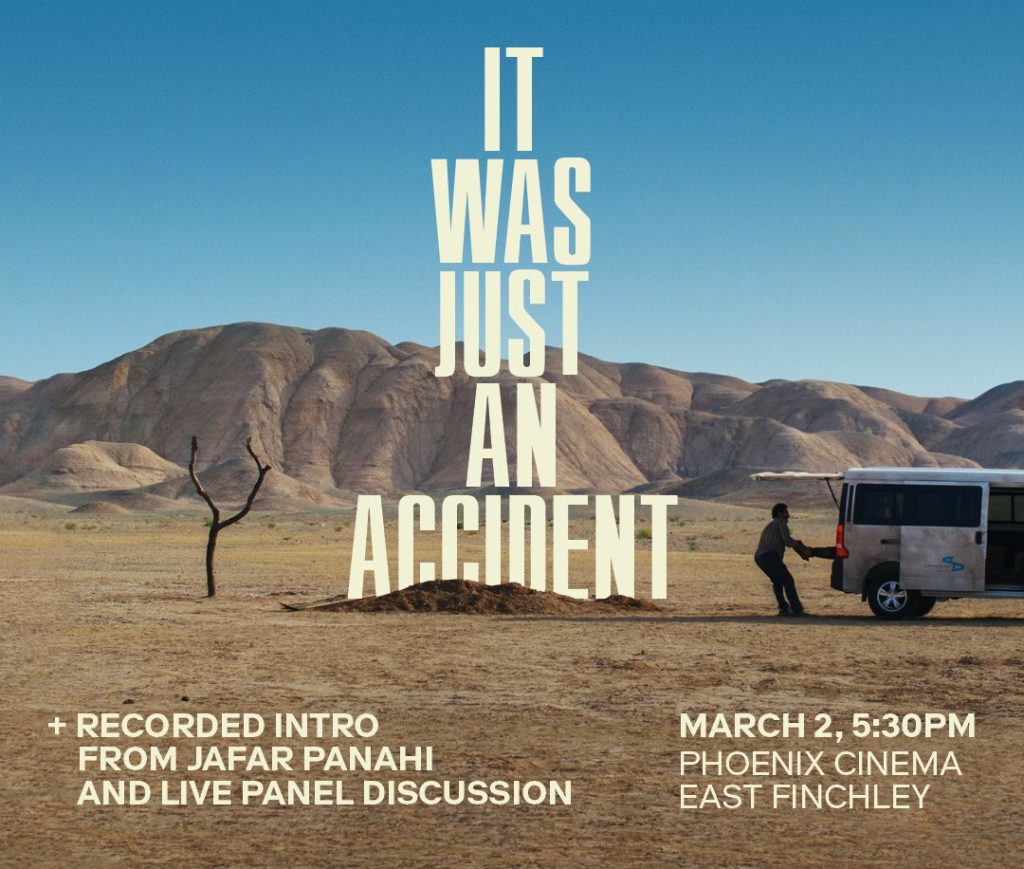1 Apr 2008 | Middle East and North Africa
A young Saudi woman was murdered by her father last August after he discovered she had been engaging in online chats on Facebook. There are thought to be as many as 30,000 Facebook users in Saudi Arabia, and the site offers several popular dating and singles forums. This is rare in a society where contact outside of strict family and class structures largely remains taboo.
(more…)
1 Sep 1994 | Magazine, Magazine Editions, Volume 23.05 September 1994
[vc_row equal_height=”yes” el_class=”text_white” css=”.vc_custom_1474815446506{margin-top: 30px !important;margin-right: 0px !important;margin-bottom: 30px !important;margin-left: 0px !important;background-color: #455560 !important;}”][vc_column width=”1/2″ css=”.vc_custom_1478505578743{padding-top: 60px !important;padding-bottom: 60px !important;background: #455560 url(https://www.indexoncensorship.org/wp-content/uploads/2012/01/magazine-banner2.png?id=80745) !important;background-position: center !important;background-repeat: no-repeat !important;background-size: cover !important;}”][/vc_column][vc_column width=”1/2″ css=”.vc_custom_1474721694680{margin-top: 0px !important;margin-bottom: 0px !important;padding-top: 0px !important;padding-bottom: 0px !important;}”][vc_custom_heading text=”SUBSCRIBE TO
INDEX ON CENSORSHIP MAGAZINE” font_container=”tag:h2|font_size:24|text_align:left” use_theme_fonts=”yes”][vc_column_text 0=””]Every subscription helps Index’s work around the world
 SUBSCRIBE[/vc_column_text][/vc_column][/vc_row]
SUBSCRIBE[/vc_column_text][/vc_column][/vc_row]
1 Jan 1991 | Magazine, Magazine Editions, Volume 20.1 January 1991
[vc_row equal_height=”yes” el_class=”text_white” css=”.vc_custom_1474815446506{margin-top: 30px !important;margin-right: 0px !important;margin-bottom: 30px !important;margin-left: 0px !important;background-color: #455560 !important;}”][vc_column width=”1/2″ css=”.vc_custom_1478505578743{padding-top: 60px !important;padding-bottom: 60px !important;background: #455560 url(https://www.indexoncensorship.org/wp-content/uploads/2012/01/magazine-banner2.png?id=80745) !important;background-position: center !important;background-repeat: no-repeat !important;background-size: cover !important;}”][/vc_column][vc_column width=”1/2″ css=”.vc_custom_1474721694680{margin-top: 0px !important;margin-bottom: 0px !important;padding-top: 0px !important;padding-bottom: 0px !important;}”][vc_custom_heading text=”SUBSCRIBE TO
INDEX ON CENSORSHIP MAGAZINE” font_container=”tag:h2|font_size:24|text_align:left” use_theme_fonts=”yes”][vc_column_text 0=””]Every subscription helps Index’s work around the world
 SUBSCRIBE[/vc_column_text][/vc_column][/vc_row]
SUBSCRIBE[/vc_column_text][/vc_column][/vc_row]
18 Feb 2026

MUBI and Index on Censorship present IT WAS JUST AN ACCIDENT. After the screening, join us for a panel discussion exploring the role of cinema in challenging authoritarianism in Iran. Our speakers will examine how film becomes an act of resistance and the harsh realities faced by citizens living under state repression.
Winner of the prestigious Palme d’Or at this year’s Cannes festival, the latest film from Iranian auteur Jafar Panahi (Taxi, No Bears) – his first work following his most recent prison sentence – is both a muscular thriller and an engaging morality tale, following a group of citizens considering revenge against a man they believe was their torturer.
Nominated for two Oscars and five Golden Globes, including Best International Feature Film, Best Original Screenplay and Best Director.
About the speakers
Tara Aghdashloo is an award-winning writer, director, multidisciplinary artist and poet born in Iran. Her background spans journalism, political philosophy, and visual arts. She holds a BA in Journalism from Toronto Metropolitan University and an MA in Global Media and Postnational Communication from SOAS, University of London. Her essays have been published in London Review of Books, The Guardian, and Financial Times, and her early documentary and broadcast work aired on Channel 4 and the BBC among others.
Malu Halasa is a writer and editor. She is the editor of Woman Life Freedom: Voices and Art from the Women’s Protests in Iran (2023) and has coedited two anthologies on the country’s photography, art and culture, with Maziar Bahari and Hengameh Golestan.
Negin Shiraghaei is a feminist journalist, activist, and community organizer with over two decades of experience in media and international human rights. She is the founder and director of Azad Network, a grassroots initiative committed to centering and elevating the voices of Iran’s most marginalized through bold storytelling, movement-building, and advocacy. Since the eruption of the Women, Life, Freedom uprising, Negin has been a force in mobilizing transnational solidarity, leveraging media, international policy forums, and grassroots organizing to demand global accountability and amplify the resistance of women and marginalized communities in Iran. Her interventions—from the UN to the streets of London—have helped carve out space for Iranian feminist voices in public discourse and policy debates. Negin’s work continues to focus on protecting civic space, uplifting frontline defenders, and challenging systems of gendered oppression.
Chair: Jemimah Steinfeld is CEO of Index on Censorship. She has lived and worked in both Shanghai and Beijing where she has written on a wide range of topics, with a particular focus on youth culture, gender and censorship. She is the author of the book Little Emperors and Material Girls: Sex and Youth in Modern China, which was described by the FT as “meticulously researched and highly readable”. Jemimah has freelanced for a variety of publications, including The Guardian, The Telegraph, The Independent, Vice, CNN, Time Out and the Huffington Post.

